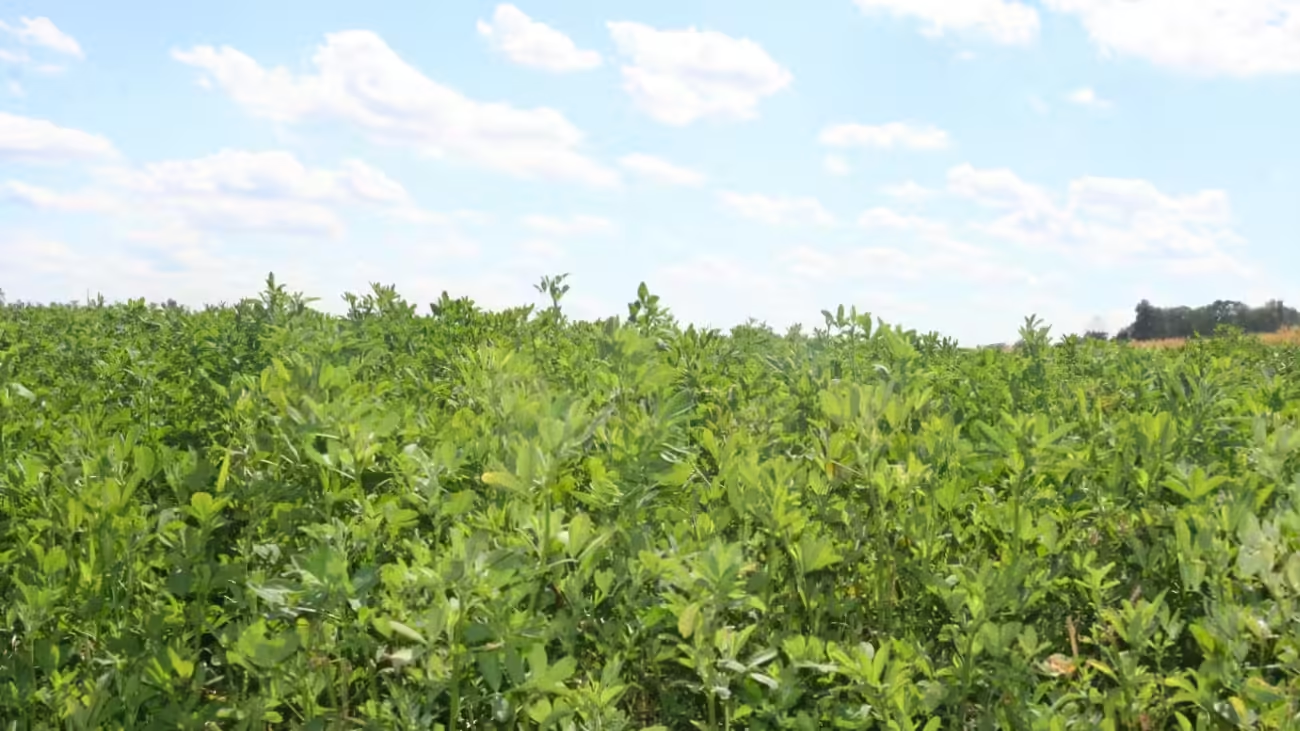Alfalfa Export from India – Opportunities, Trends, and Global Demand
India has emerged as one of the fastest-growing suppliers of agricultural products to the international market. Among the key agro-commodities gaining worldwide attention is alfalfa, also known as lucerne. With its high nutritional value, growing demand in the livestock and dairy sector, and India’s increasing role as a trusted exporter, alfalfa export from India is becoming an attractive business opportunity.
In this article, we will explore everything you need to know about alfalfa export from India—covering global demand, export potential, quality standards, benefits, and the role of Real Extreme Export in supplying premium-grade alfalfa internationally.
What is Alfalfa?
Alfalfa (Medicago sativa) is a perennial flowering plant widely recognized as one of the most nutrient-rich forage crops for livestock. Often referred to as the “Queen of Forages,” alfalfa is cultivated across India in states like Gujarat, Punjab, Haryana, and Rajasthan. It is primarily used for animal feed due to its:
- High protein content (18–20%)
- Rich fiber levels (28–30%)
- Essential vitamins and minerals (calcium, magnesium, potassium, and iron)
- Digestibility and energy value for cattle, horses, camels, and sheep
Because of these properties, alfalfa hay and pellets are in high demand in dairy, poultry, and equine industries worldwide.
Global Demand for Alfalfa
Countries with large dairy and meat industries have a strong requirement for alfalfa imports. Regions where climatic conditions do not allow large-scale cultivation of forage crops rely on imports to meet livestock feed needs.
Some of the top importing countries include:
- United Arab Emirates (UAE)
- Saudi Arabia
- Kuwait
- Qatar
- Japan
- South Korea
- China
With rising demand for high-quality animal feed, India’s alfalfa exports are poised to expand further in the coming years.
Alfalfa Export from India: Market Potential
India’s agro-climatic diversity allows the cultivation of nutrient-rich alfalfa crops, which makes the country an important exporter. Exporters like Real Extreme Export ensure international buyers receive premium-quality alfalfa that meets global standards.
According to trade data, the demand for Indian alfalfa has been consistently rising due to its cost-effectiveness, good quality, and reliable supply. The Middle East is currently the largest consumer of Indian alfalfa, followed by East Asian countries.
Key Types of Alfalfa Exported from India
Exporters typically supply alfalfa in different forms, depending on buyer requirements.
| Type of Alfalfa | Description | Key Buyers |
| Alfalfa Hay | Sun-dried or machine-dried forage used directly as animal feed | Dairy farms, horse breeders |
| Alfalfa Pellets | Compressed form, easy to store & transport | Poultry and livestock industries |
| Alfalfa Cubes | Densely packed cubes for longer shelf life | Exporters to long-distance markets |
| Organic Alfalfa | Grown without chemicals and pesticides | Premium livestock feed markets |
Exporters like Real Extreme Export cater to all these categories, ensuring that buyers worldwide receive the right product based on their industry needs.
Benefits of Indian Alfalfa for Global Buyers
- Nutritional Superiority – High protein and mineral content supports better milk yield and livestock health.
- Cost Advantage – Indian alfalfa is competitively priced compared to other countries.
- Year-Round Supply – Favorable climate in India ensures continuous cultivation and availability.
- Custom Packaging – Exporters provide bulk as well as customized packaging for global shipments.
- Certified Quality – Leading companies like Real Extreme Export follow strict international standards for quality assurance.
Export Process of Alfalfa from India
To ensure smooth international trade, exporters follow a systematic process:
- Sourcing – Alfalfa is procured directly from trusted farmers in India.
- Quality Check – Moisture, nutritional content, and contamination levels are tested.
- Processing & Packaging – Hay is dried, compacted, or pelletized based on buyer demand.
- Documentation – Exporters prepare invoices, phytosanitary certificates, and quality certifications.
- Shipping & Logistics – Products are shipped through sea or air cargo to reach international destinations.
Real Extreme Export manages the entire process seamlessly, ensuring timely delivery and compliance with global trade regulations.
Challenges in Alfalfa Export
Like any agro product, alfalfa exports face certain challenges:
- Fluctuating international demand due to market conditions.
- Climate variability affecting crop yield.
- Rising freight costs impacting export pricing.
- Strict quality and residue-free requirements in some countries.
However, with proper sourcing, quality assurance, and efficient logistics, exporters can successfully meet global demands.
Role of Real Extreme Export in Alfalfa Trade
Real Extreme Export is a leading international trading company from India specializing in agro products such as oil seeds, spices, grains, pulses, dehydrated products, tea, coffee, and alfalfa exports.
Our company ensures:
- High-quality alfalfa supply meeting international standards.
- Customized solutions for bulk buyers.
- Transparent business practices.
- International shipping and documentation support.
By focusing exclusively on global markets, we help dairy farms, livestock companies, and traders across the world access premium-quality Indian alfalfa at competitive rates.
Future of Alfalfa Export from India
The global livestock industry is expanding, and with it, the demand for high-quality feed like alfalfa. India’s strategic location, abundant production, and growing trade networks position it as a major player in the alfalfa export market.
With the support of trusted exporters like Real Extreme Export, India is set to increase its share in global forage trade significantly in the coming years.
Frequently Asked Questions (FAQs)
Indian alfalfa is rich in protein, fiber, and minerals, making it highly suitable for livestock. Exporters like Real Extreme Export ensure that products meet international feed standards.
Major importers include the UAE, Saudi Arabia, Kuwait, Japan, South Korea, and China, with the Middle East being the largest consumer of Indian alfalfa.
Alfalfa is exported in the form of hay, pellets, cubes, and organic alfalfa, depending on the requirements of global buyers.
Due to favorable climate conditions and large-scale cultivation, Indian alfalfa is more affordable compared to other exporting nations, making it a competitive choice.
Buyers can directly connect with Real Extreme Export for quotations, quality specifications, packaging details, and shipping arrangements. The company provides end-to-end export support.
Conclusion
The rising demand for high-quality livestock feed has positioned alfalfa export from India as a rapidly growing trade opportunity. With its rich nutritional profile, cost competitiveness, and year-round availability, Indian alfalfa continues to gain trust among global buyers. Despite challenges such as logistics and strict quality requirements, India’s agricultural strength and dedicated exporters ensure consistent supply to international markets.
At the forefront of this growth, Real Extreme Export plays a vital role by delivering premium-grade alfalfa with reliable quality, transparent practices, and global logistics support. As the global dairy and livestock industries expand, India—backed by trusted exporters—will remain a key supplier of alfalfa to the world.


